Found 223 Results
Page 17 of 23
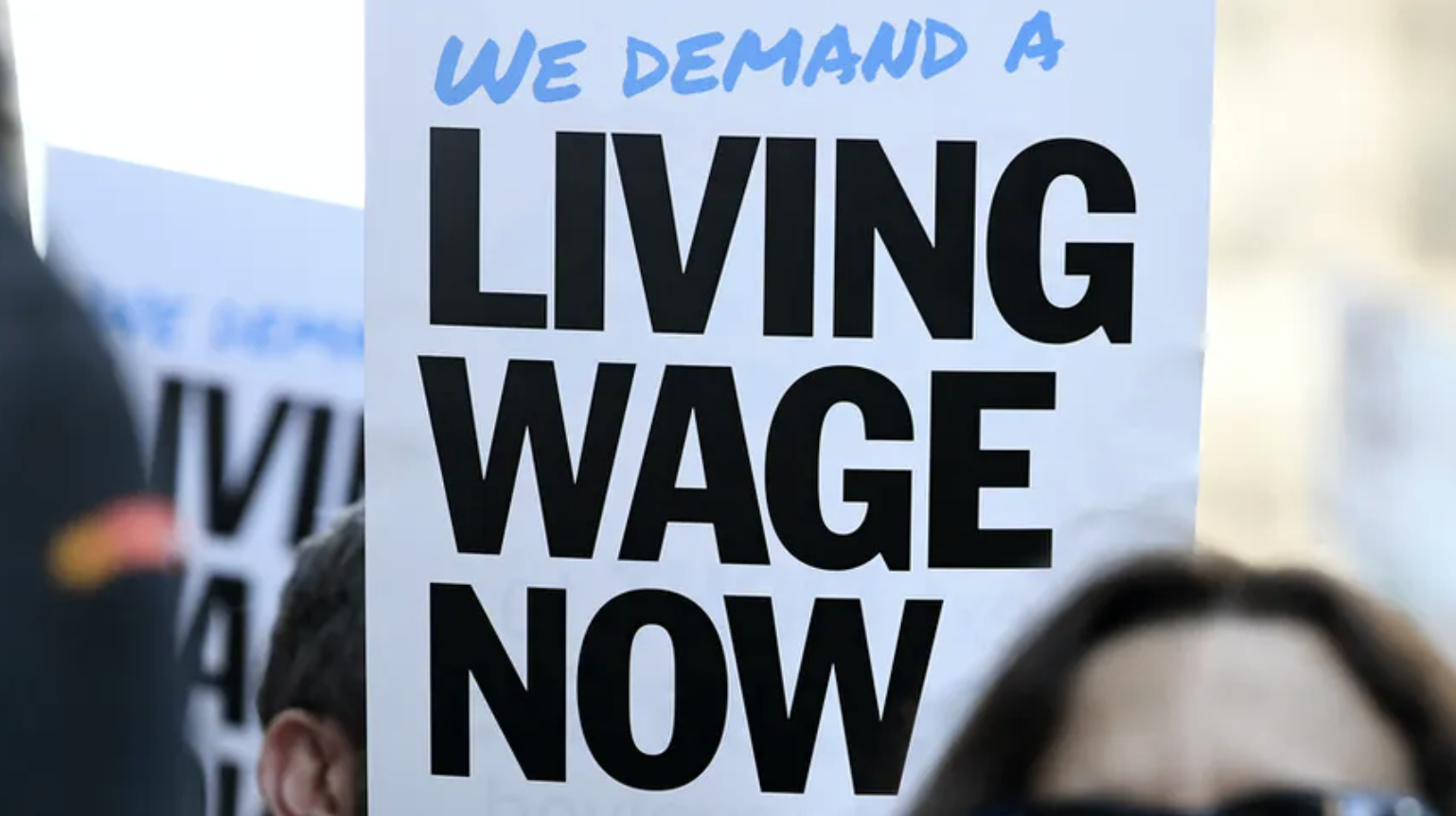
Revisiting the Minimum Wage
Post | April 23, 2020
Inequality has been a central issue of the 2020 presidential campaign, with many of the candidates including economic and income equity as major elements of their message.1 The COVID-19 outbreak has also placed economic inequality in the spotlight. While many professionals and white-collar workers are able to work from home, employees in the service industry […]

Should Congress Be Allowed to Vote Remotely?
Post | April 14, 2020
Due to the ongoing COVID-19 pandemic, 42 states—along with Puerto Rico and Washington, D.C.—have issued stay-at-home orders, effectively barring at least 316 million Americans from going out unless absolutely necessary.1 While essential businesses and services remain open, many workers now find themselves working from home. Considering the circumstances, should Congress also be allowed to vote […]

Postponed Presidential Primaries and the Pandemic
Post | April 7, 2020
With COVID-19 dominating both the headlines and the realities of everyday life in the United States, it can be hard to remember that we are in the midst of a presidential primary with a general election only seven months away. The State of the Race A little over a month ago, former Vice President Joe […]
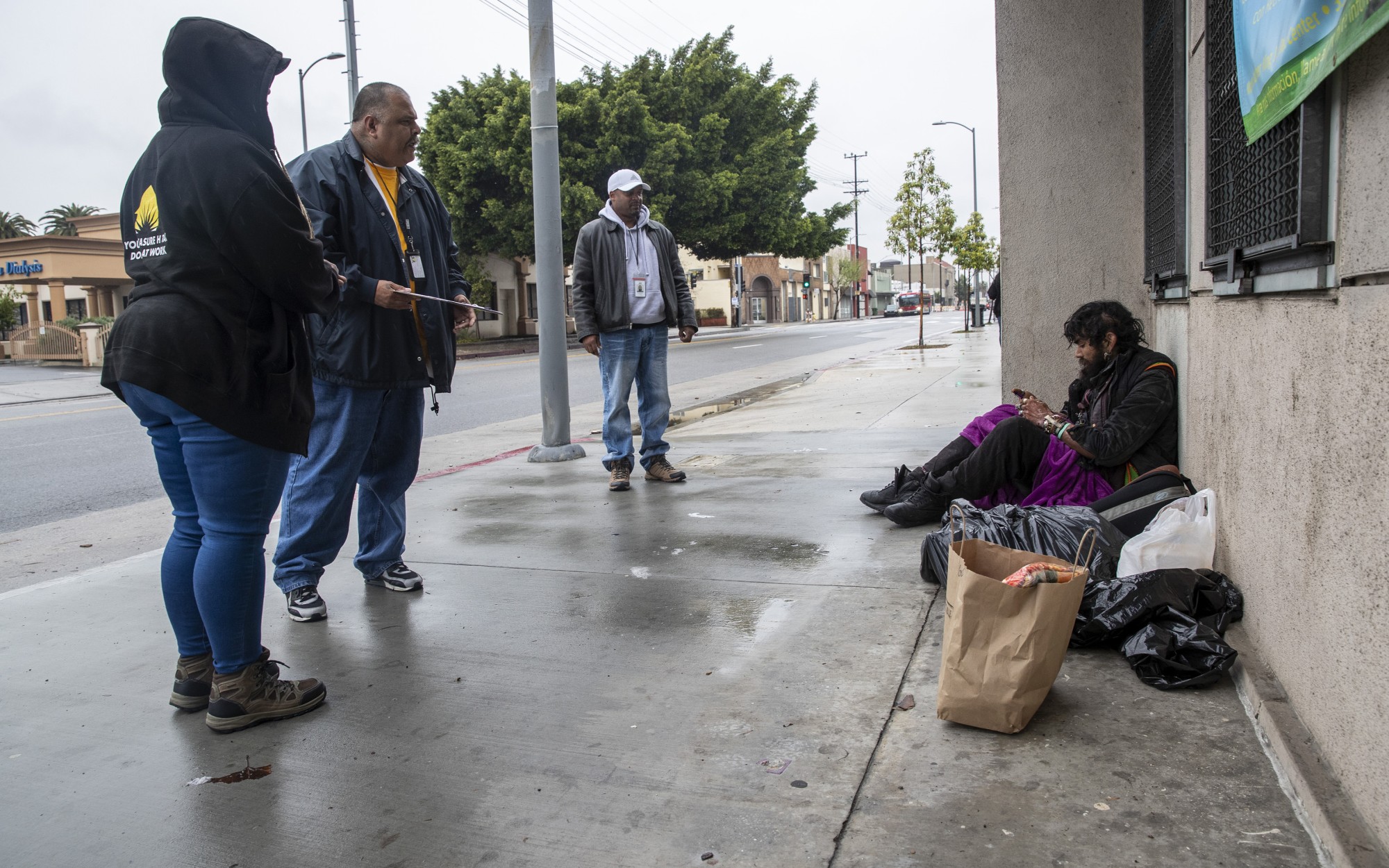
Homeless People and the COVID-19 Pandemic
Post | March 26, 2020
The novel coronavirus, COVID-19, is affecting every American and people all over the world, but it does not affect everyone equally. The more than 500,000 Americans who are homeless are especially vulnerable—due to age, lack of access to health care, underlying medical conditions, and lack of access to information and news—and also pose a risk […]

- Civil Rights & Individual Liberties
- COVID-19
- Criminal Justice
- Equality
- Health Care
- Judicial Branch
- Teaching the News
Coronavirus, Prisons, and Detention Centers
Post | March 24, 2020
In the face of the spreading COVID-19 pandemic, government officials and medical experts are calling on people all over the world to practice social distancing.1 In general, this means canceling events and gatherings, avoiding large groups and crowds, and, when possible, staying home. Many people are working from home,2 schools have closed or moved online,3 and […]

Humans, Animals, and Viruses
Post | March 23, 2020
The COVID-19 (coronavirus) outbreak is believed to have started at a wildlife market in Wuhan, China, in December 2019. It is unclear which species transferred the virus to humans, but scientists largely agree on the point of origin.1 The 2002 outbreak of SARS, another type of coronavirus, began under similar circumstances.2 LISTEN: A 13-minute podcast […]
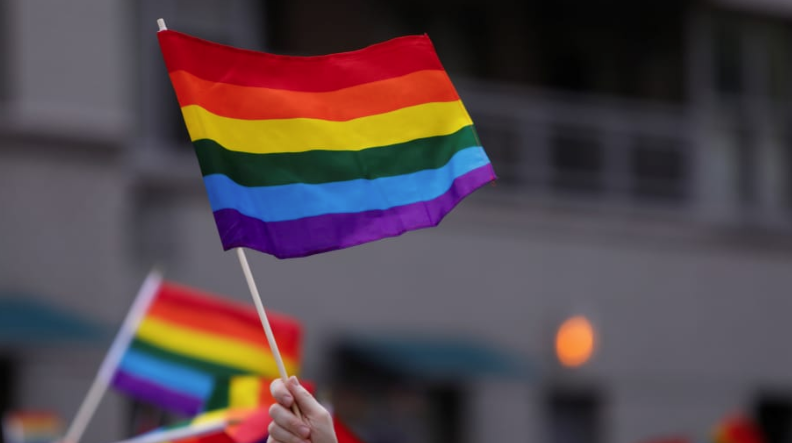
Gender, Identity, and Official IDs
Post | March 13, 2020
In February, Representative Ro Khanna (D-Calif.) introduced the Gender Inclusive Passport Act (H.R. 5962) in the House of Representatives. The legislation currently has 25 cosponsors, all of them Democrats.1 If the bill becomes law, it would create a third gender designation on U.S. passports—unspecified (X)—to join the existing designations of male (M) and female (F).2 […]

Public Health, Public Policy & Personal Responsibility: Coronavirus and the Common Good
Post | March 4, 2020
Public health officials first encountered COVID-19, popularly called the coronavirus, in Wuhan, China, in December 2019. Thus far, the virus has infected over 89,000 people, killing more than 3,000.1 In the United States, there have been more than 100 cases in 15 states; at least six people have died, all of them in Washington state.2 […]
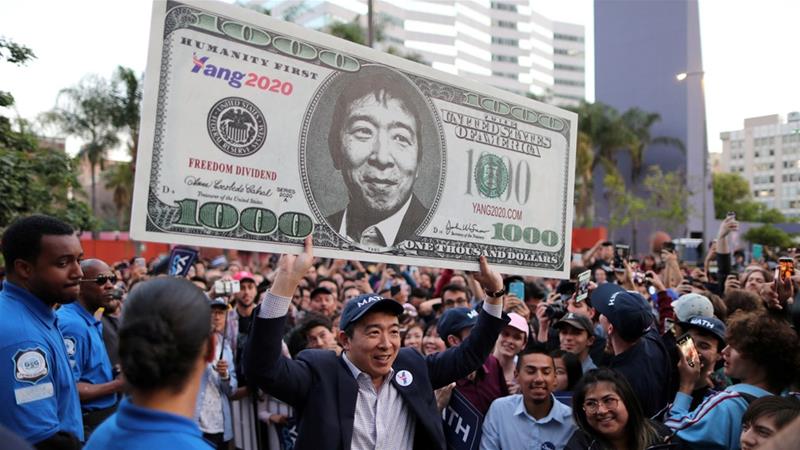
Universal Basic Income: Pipe Dream or Proactive Policy?
Post | February 28, 2020
On November 6, 2017, businessman Andrew Yang began a presidential campaign centered on a signature policy, Universal Basic Income (UBI).1 If put in place, this UBI or “Freedom Dividend” would give every adult American $1,000 a month, no questions asked.2 The idea captured some voters’ imaginations; although Yang ultimately suspended his campaign after a poor […]
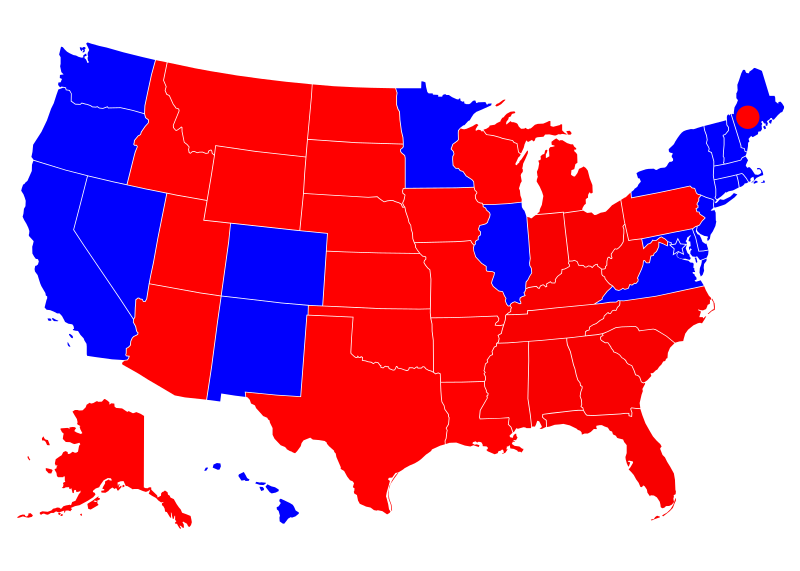
Understanding Ideological Labels
Post | February 20, 2020
During campaigns and elections, candidates use political labels, such as liberal, moderate, progressive, conservative, and libertarian, to position themselves in relation to each other and as a shorthand for their worldviews and policy preferences. This presidential election cycle features candidates from across a wider political spectrum than most elections in recent years. In the United […]
Page 17 of 23
Page 17 of 23

Revisiting the Minimum Wage
Post | April 23, 2020
Inequality has been a central issue of the 2020 presidential campaign, with many of the candidates including economic and income equity as major elements of their message.1 The COVID-19 outbreak has also placed economic inequality in the spotlight. While many professionals and white-collar workers are able to work from home, employees in the service industry […]

Should Congress Be Allowed to Vote Remotely?
Post | April 14, 2020
Due to the ongoing COVID-19 pandemic, 42 states—along with Puerto Rico and Washington, D.C.—have issued stay-at-home orders, effectively barring at least 316 million Americans from going out unless absolutely necessary.1 While essential businesses and services remain open, many workers now find themselves working from home. Considering the circumstances, should Congress also be allowed to vote […]

Postponed Presidential Primaries and the Pandemic
Post | April 7, 2020
With COVID-19 dominating both the headlines and the realities of everyday life in the United States, it can be hard to remember that we are in the midst of a presidential primary with a general election only seven months away. The State of the Race A little over a month ago, former Vice President Joe […]

Homeless People and the COVID-19 Pandemic
Post | March 26, 2020
The novel coronavirus, COVID-19, is affecting every American and people all over the world, but it does not affect everyone equally. The more than 500,000 Americans who are homeless are especially vulnerable—due to age, lack of access to health care, underlying medical conditions, and lack of access to information and news—and also pose a risk […]

- Civil Rights & Individual Liberties
- COVID-19
- Criminal Justice
- Equality
- Health Care
- Judicial Branch
- Teaching the News
Coronavirus, Prisons, and Detention Centers
Post | March 24, 2020
In the face of the spreading COVID-19 pandemic, government officials and medical experts are calling on people all over the world to practice social distancing.1 In general, this means canceling events and gatherings, avoiding large groups and crowds, and, when possible, staying home. Many people are working from home,2 schools have closed or moved online,3 and […]

Humans, Animals, and Viruses
Post | March 23, 2020
The COVID-19 (coronavirus) outbreak is believed to have started at a wildlife market in Wuhan, China, in December 2019. It is unclear which species transferred the virus to humans, but scientists largely agree on the point of origin.1 The 2002 outbreak of SARS, another type of coronavirus, began under similar circumstances.2 LISTEN: A 13-minute podcast […]

Gender, Identity, and Official IDs
Post | March 13, 2020
In February, Representative Ro Khanna (D-Calif.) introduced the Gender Inclusive Passport Act (H.R. 5962) in the House of Representatives. The legislation currently has 25 cosponsors, all of them Democrats.1 If the bill becomes law, it would create a third gender designation on U.S. passports—unspecified (X)—to join the existing designations of male (M) and female (F).2 […]

Public Health, Public Policy & Personal Responsibility: Coronavirus and the Common Good
Post | March 4, 2020
Public health officials first encountered COVID-19, popularly called the coronavirus, in Wuhan, China, in December 2019. Thus far, the virus has infected over 89,000 people, killing more than 3,000.1 In the United States, there have been more than 100 cases in 15 states; at least six people have died, all of them in Washington state.2 […]

Universal Basic Income: Pipe Dream or Proactive Policy?
Post | February 28, 2020
On November 6, 2017, businessman Andrew Yang began a presidential campaign centered on a signature policy, Universal Basic Income (UBI).1 If put in place, this UBI or “Freedom Dividend” would give every adult American $1,000 a month, no questions asked.2 The idea captured some voters’ imaginations; although Yang ultimately suspended his campaign after a poor […]

Understanding Ideological Labels
Post | February 20, 2020
During campaigns and elections, candidates use political labels, such as liberal, moderate, progressive, conservative, and libertarian, to position themselves in relation to each other and as a shorthand for their worldviews and policy preferences. This presidential election cycle features candidates from across a wider political spectrum than most elections in recent years. In the United […]
Page 17 of 23








